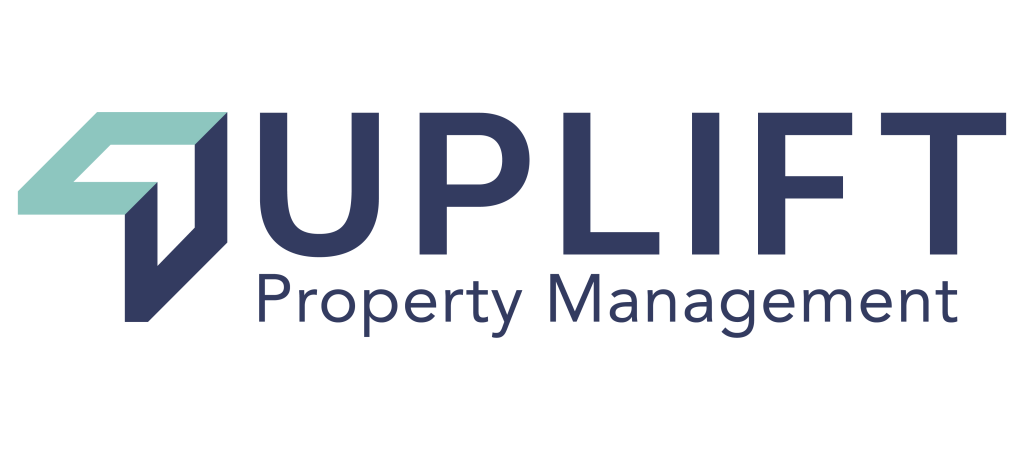As a property owner, you want to make sure you are getting the most qualified tenants for your rental units. You may have heard of Section 8 and are wondering if these are the types of tenants you should be accepting into your properties.
Section 8 is a government-funded program that provides financial assistance to low-income families who are struggling to pay rent. The program is administered by the Department of Housing and Urban Development (HUD). If you have never accepted a Section 8 tenant before, you may be wondering how the process works and if it is worth it for your business.

How Does the Section 8 Program Work?
To be eligible for the program, families must meet certain income guidelines. Once a family is approved for the program, they will receive a voucher that they can use to help pay rent at a qualifying property.
The property owner must also agree to participate in the program. This means that they must accept the voucher as rent payment and comply with HUD’s regulations. In exchange for participating in the program, property owners receive a guarantee from HUD that they will receive their rent payments on time and in full.

The Pros of Accepting Section 8 Tenants
1. Guaranteed Rent Payment: One of the biggest advantages of accepting Section 8 tenants is that your rent payments will be guaranteed. The government will directly pay your tenant's rent to you each month, so even if your tenant falls behind on their own personal bills, you can rest assured that you'll still receive your full rent payment on time.
2. Extended Lease Terms: Another advantage of accepting Section 8 tenants is that they typically sign leases for much longer terms than those who don't participate in the program. This stability can be a big plus if you're looking for long-term tenants who are unlikely to cause any disruptions or damages to your property.
3. Reduced Vacancy Rates: Yet another benefit of participating in the Section 8 program is that it can help you keep your vacancy rates low. Because participants in the program typically have difficulty finding housing, they tend to be very appreciative of being able to find a place that accepts Section 8 vouchers and are, therefore, less likely to move out prematurely.
The Cons of Accepting Section 8 Tenants
1. More Paperwork: One potential downside of accepting Section 8 tenants is that it comes with more paperwork than renting to those who don't participate in the program. In addition to the standard lease agreement, you'll also need to fill out and sign a HUD form known as the Housing Assistance Payments Contract.
2. Potential for Damages: While all tenants have the potential to damage your property, those who participate in the Section 8 program may be more likely to do so, given their limited income and lack of financial resources. As such, it's important to thoroughly screen all applicants before deciding and include clauses in your lease agreement that address damages and repair costs.
3. Possible Increased Liability: In some cases, landlords who accept Section 8 tenants may be held liable for any illegal activity that takes place on their property—even if they had no prior knowledge of or involvement in said activity. To help protect yourself from this possibility, it's important to include clauses in your lease agreement that prohibit illegal activity on the premises and require all guests to be registered with the landlord in advance.
Conclusion
As you can see, there are both pros and cons to accepting Section 8 tenants as a landlord. Ultimately, whether or not you decide to participate in the program is up to you and will depend on factors like your location, rental market conditions, and personal preferences. Just be sure to do your research beforehand so that you know what you're getting into! Needs help with your rental property? Call us now!


